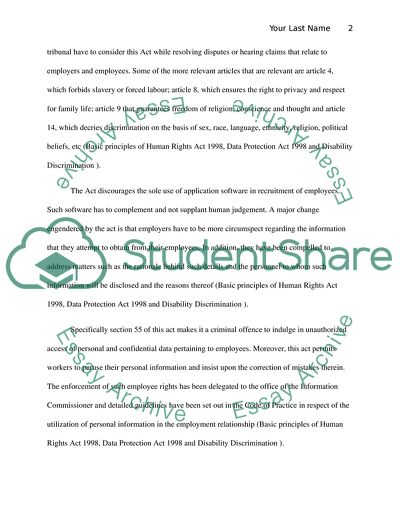Cite this document
(Effect of Human Rights Law on UK Businesses Essay Example | Topics and Well Written Essays - 1500 words, n.d.)
Effect of Human Rights Law on UK Businesses Essay Example | Topics and Well Written Essays - 1500 words. https://studentshare.org/law/1710965-bussiness-law
Effect of Human Rights Law on UK Businesses Essay Example | Topics and Well Written Essays - 1500 words. https://studentshare.org/law/1710965-bussiness-law
(Effect of Human Rights Law on UK Businesses Essay Example | Topics and Well Written Essays - 1500 Words)
Effect of Human Rights Law on UK Businesses Essay Example | Topics and Well Written Essays - 1500 Words. https://studentshare.org/law/1710965-bussiness-law.
Effect of Human Rights Law on UK Businesses Essay Example | Topics and Well Written Essays - 1500 Words. https://studentshare.org/law/1710965-bussiness-law.
“Effect of Human Rights Law on UK Businesses Essay Example | Topics and Well Written Essays - 1500 Words”. https://studentshare.org/law/1710965-bussiness-law.


